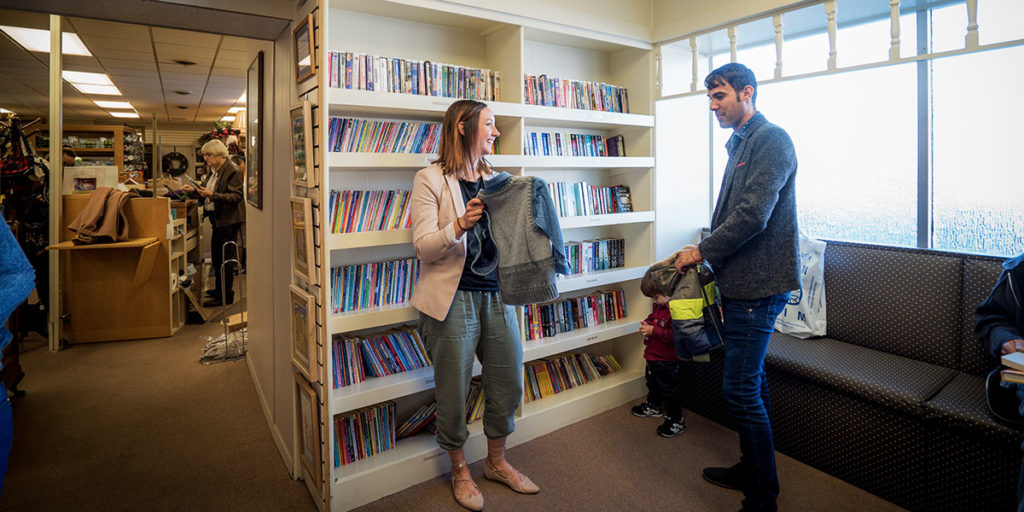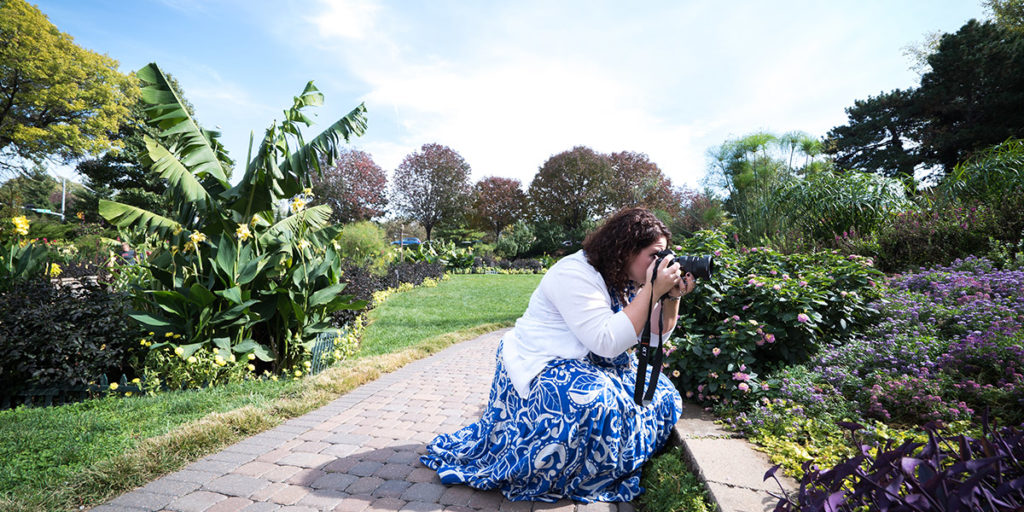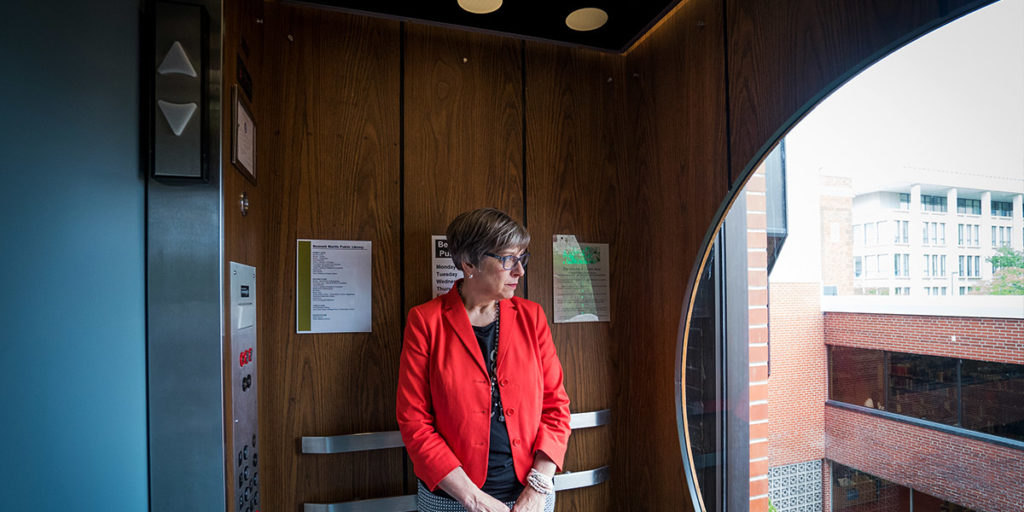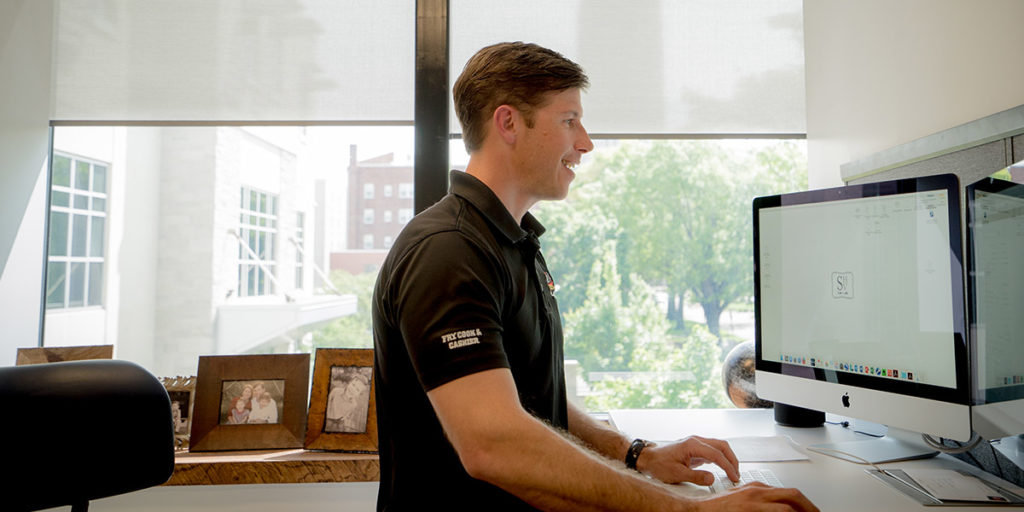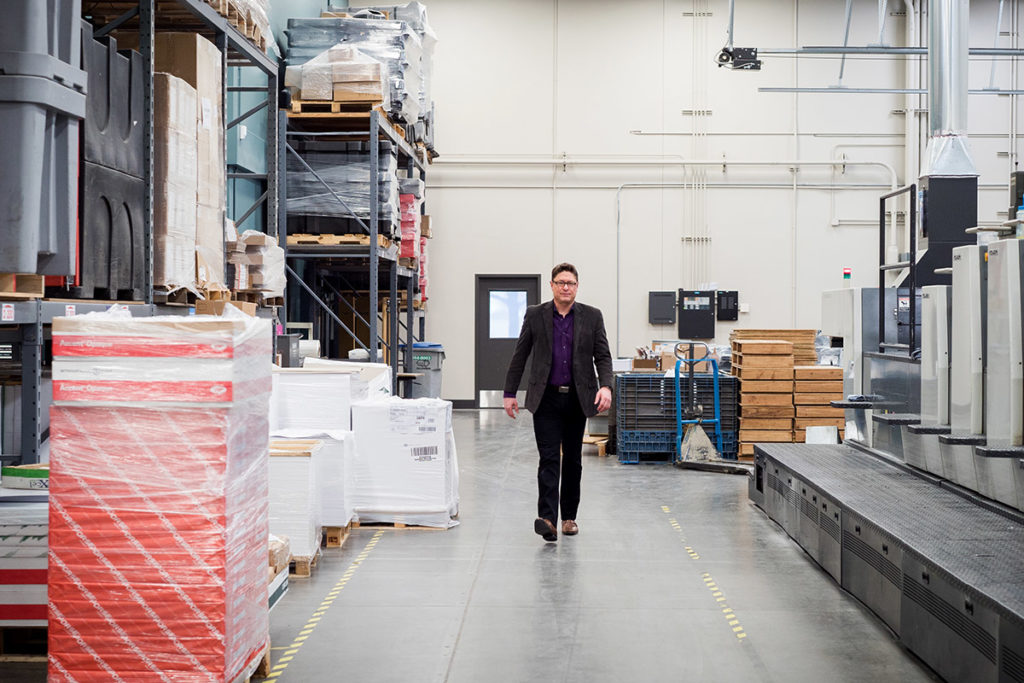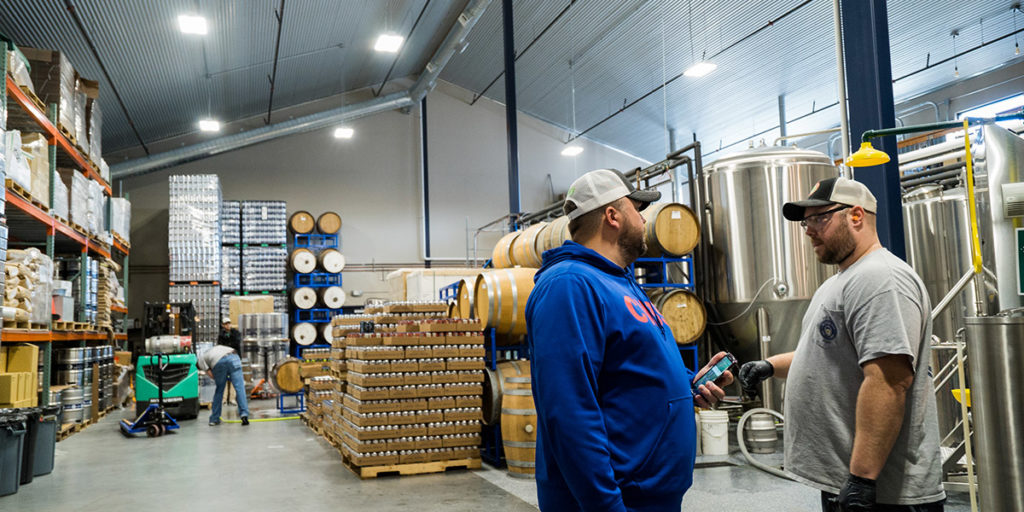
Brian Podwinski pointed to an old stone wall in the basement of his brewery.
“That wall is probably about 116 years old,” he said, describing the history behind Robber’s Cave, the location of Blue Blood Brewing Company.
Five years ago, Brian could not have imagined standing in the basement of a historic brewery. After all, 10 years ago he was starting a government desk job and nearly 15 years ago he was putting on a Lincoln Police Department uniform for the first time.
“It’s been one crazy ride,” he said with a laugh, and you can tell by his face that he’s not kidding.
There’s a strong sense of pride and a fair share of exhaustion weaved in to Brian’s story. And while it’s not one he would have mapped out himself, it’s one he owns every day.
“Things happen for a reason, right?” he said with a shrug.
In college, Brian was on the path to medical school. He enrolled in biology and chemistry classes, but soon realized the medical field was not his calling. He took an interest in criminal justice and did an internship with the Lincoln Police Department before signing on as an officer in 2000.
Brian loved his job as a police officer. It was a great way to serve his community, and the camaraderie he built with his fellow officers was unlike anything he’d ever experienced before. Sure, the job was tough, he said, but he was proud of the work he was doing and thankful for a job he loved.
After just a few years on the force, Brian was badly injured during a training exercise. Over the next year, he had three shoulder surgeries and underwent physical therapy before retiring from the Department.
“Now what?” he thought.
Brian had gone from having a job he loved to questioning his next steps. He was angry, frustrated and confused about what to do next. He ended up working a government desk job for the next few years, buying himself some time to establish a plan.
It was during this season that Brian started experimenting with home brewing. He jokes that his desk job increased his alcohol consumption, but the truth is he was just spending more time making beer than drinking the mainstream brews.
Home brewing involved creativity and a certain amount of science, he said. The process fascinated him and the end result of his work was 110 percent worth the effort. He started to wonder if just maybe brewing beer could be his full-time gig.
After working a desk job, Brian said he loved the thought of running his own business. He also loved the idea of brewing beer every day… for a living. So, over the next year or so he spent his free time working up a business plan and perfecting his brewing methods.
And in December 2011 he opened Blue Blood Brewing Company.
From the start there was a lot of momentum behind the brewery. It had been a while since a local brewing company had opened in Lincoln, and people were anxious to see what Blue Blood had to offer.
His goal was two-fold – start his own business and keep the ingredients and talent local. He wanted to give back to the community, which sounds cliche, he said, but it was true. Brian said he was tired of hearing the big players in the beer market boast about their local ties, but their actual community impact was minimal.
“I wanted the money to stay in town, and that’s what we’re doing,” he said.
Currently, Blue Blood employs 70 full-time and part-time employees. That number has jumped significantly over the past few years as Brian has grown his operation and moved to a new taproom and brewing facility located above Lincoln’s historic Robber’s Cave.
It’s a big responsibility to employ that many people, he said, and it’s an even bigger job to serve his employees well. He wants to run Blue Blood with the same kind of camaraderie that he felt when he was part of the police force. Sure, the experiences are vastly different, but at the end of the day, he does his best to make his employees feel like family.
Opening a local brewery seemed like a no-brainer for Brian. It merged his passion and his talent, but it was also risky. He’d never run a business, let alone a brewery, and figuring out how to brew larger batches and manage distribution methods were entirely new territory, but he was convinced he could make it work – and he has.
What’s interesting about Brian’s story is that he used his whole story, not just the good parts, to shape his future. He could have avoided his past as an officer and stayed angry about his injury, but he didn’t. He combined his love of brewing with his devotion to the police force and found a new story, maybe even a better one.
If Brian hadn’t been injured, he’d probably still be a police officer, but he also wouldn’t own and run a brewery. The fact is, there’s no way to judge which path is better, which one would have been easier or which one would have made Brian happier.
It’s just like he said, “Everything happens for a reason, right?”
